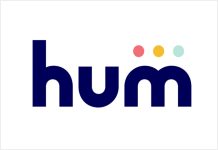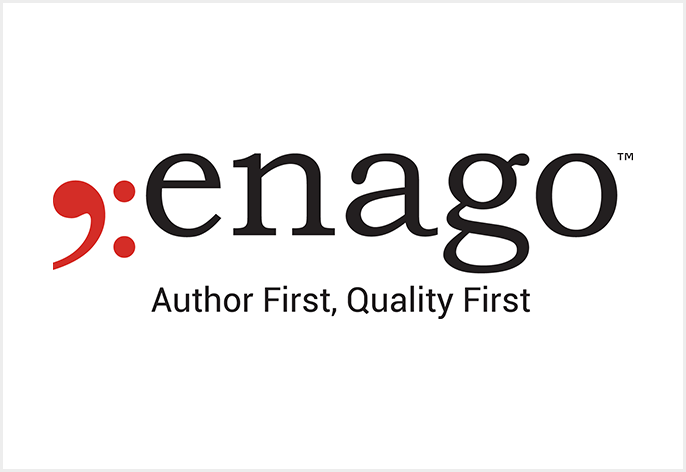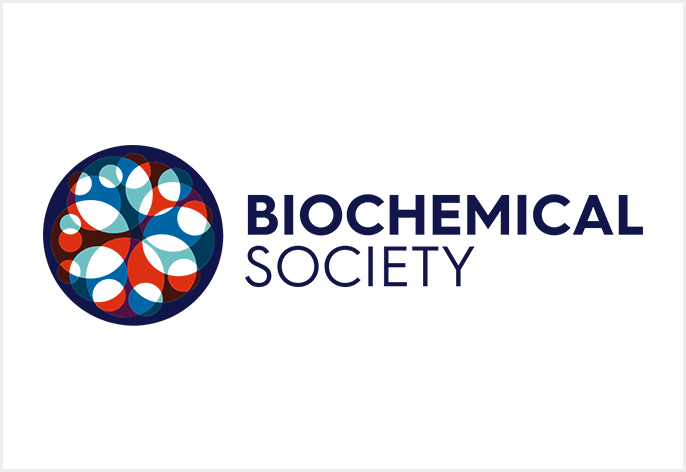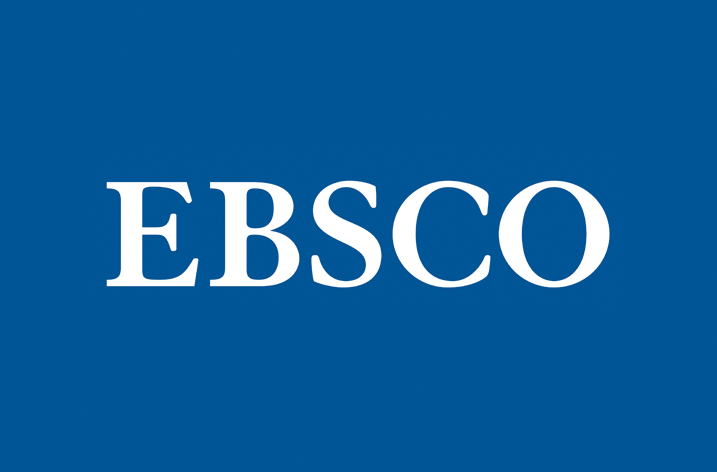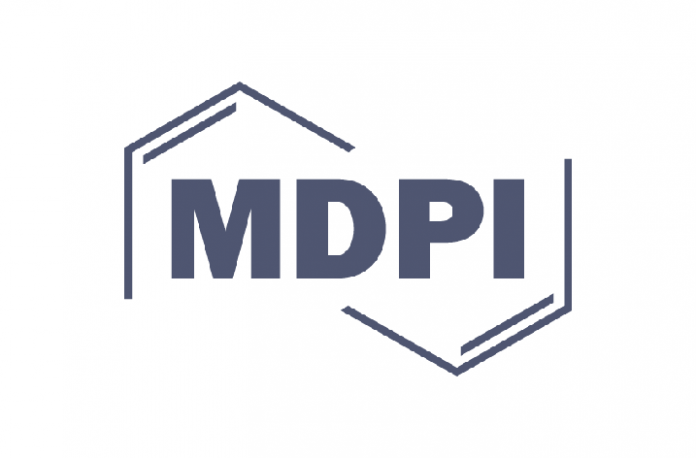From Transformation to Collective Responsibility: What Does 50% OA Mean for Us?
In 2021, we set a bold target: publish 50% of our primary research open access (OA) by the end of 2024. This goal was driven by the need to make research widely accessible, enabling global researchers to build on existing knowledge and tackle pressing challenges.
I’m thrilled to report that we met this target, as highlighted in our recent Annual Report. But how did we do it, and what did we learn?
A sustainable and effective OA transition is achievable
But there is no silver bullet; instead having a range of levers at your disposal is critical. At Springer Nature we have focused on the following:
- Transformative Agreements (TAs): Our 66 and growing global TAs support researchers from over 3,700 institutions and are driving the transition of our hybrid journals. In 2024, 82% of OA articles in our hybrid journals were published via TAs1. These agreements are also helping countries transition their research to OA, with some seeing up to a 70% uptake in OA publishing in the first year. TAs have proven to be a powerful tool in facilitating the OA transition, providing a structured and scalable approach that benefits both researchers and institutions.
- Full OA Journals: We launched 68 new full OA journals in 2024 2, which published 73% 3 of our OA primary research. This demonstrates the importance of full OA journals to the research community. Full OA journals offer a direct route to OA publishing, ensuring that research is immediately accessible to all. The growth of our full OA portfolio reflects the increasing demand for open access and the critical role these journals play in the dissemination of knowledge.
- Innovative Models: Our Cureus portfolio introduced three new journals allowing free OA publishing for well-drafted submissions, with a low editing fee for others. This model increases accessibility and affordability, opening OA publishing to a wider audience, including non-academics. By offering flexible publishing options, we can cater to a diverse range of authors and ensure that high-quality research is accessible to all, regardless of financial constraints.
-
Pace and Scale is important
Pace and scale are crucial for a global open environment. For instance, our TA in Japan expanded from 10 to 60 universities in two years, publishing over 2,400 OA articles. This rapid expansion highlights the effectiveness of TAs in driving OA adoption and the importance of tailoring agreements to local contexts. By pooling resources, adapting to specific needs, and fostering collaboration, TAs are making significant strides toward a future where all research is accessible to everyone.
We also saw significant uptake in the US, with new institutions and consortia partnering with us in 2024. The US market is now showing strong support for OA, and our partnerships are helping to accelerate the transition. Additionally, we are building OA teams in China and India to reflect the growth in research outputs in these countries. These teams are working closely with institutions and funders locally to make the transition affordable, simple, and scalable.
Technology and AI can help
To accelerate the next phase of the transition, we’re investing strongly in technology and AI, with a particular focus on making the research process and publishing easier for authors, whilst also ensuring we continue to protect the integrity and trust of research. Our peer review platform, Snapp, exemplifies this commitment. By harnessing technology responsibly and ethically, we can better integrate tools to support open research practices and scale OA publication.
Technology and AI offer exciting opportunities to streamline the publishing process, enhance the quality of research, and improve accessibility. For example, AI-driven tools can assist with manuscript preparation, peer review, and data analysis, making it easier for authors to publish their work and for readers to access and understand it. Our investment in these technologies is aimed at creating a more efficient and transparent research ecosystem.
More to do to make the transition equitable
Reaching 50% OA is a milestone, but there’s more to do for a sustainable, equitable OA transition. Despite progress from publishers, including Springer Nature, with for example APC waivers and regional pricing pilots, equity in OA publishing is not where it should be. Collaboration across publishers, researchers, funders, and institutions is needed to break down barriers to access and participation with ongoing efforts required to address disparities in access to funding, resources, and support. By working together, we can create a more inclusive and equitable research environment.
Looking Ahead
Our commitment to OA does not stop here. We are dedicated to working with global partners to break down barriers to full participation and representation of all researchers in the research publishing system. As the theme of this year’s B17 conference suggests, transformation rests on the shoulders of many, not the few.
The journey to 50% OA has taught us valuable lessons about the importance of collaboration, innovation, and adaptability. As we look to the future, we remain committed to pushing the boundaries of open access and ensuring that research is accessible to all. By continuing to invest in technology, support diverse publishing models, and foster global partnerships, we can build a more open and equitable research ecosystem.
1Springer Nature data. % are worked as a % of the total OA primary research articles published in hybrid journals across 2024.
2 Springer Nature data. Total publication numbers relate only to primary research published OA across the Publisher’s portfolio in
2024.
3 OA primary research published in full OA journals but not under a TA.






